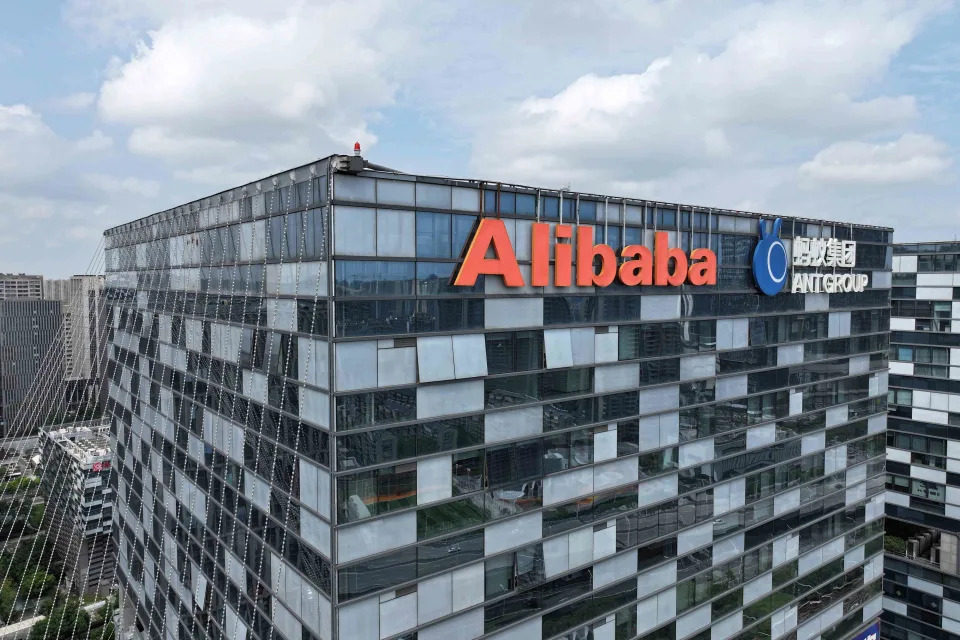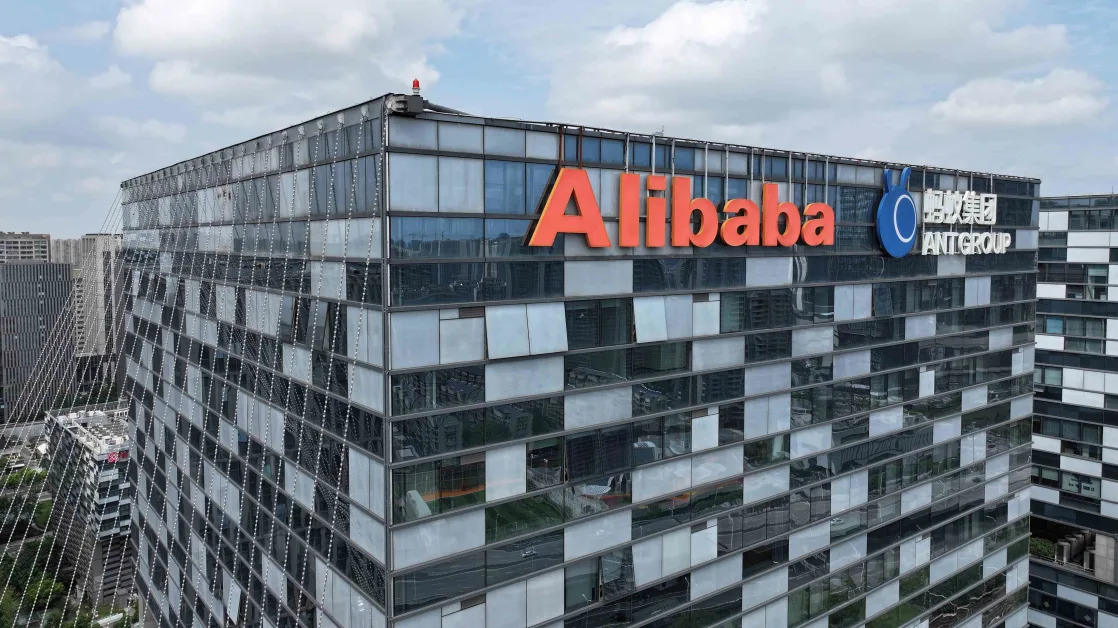
KEY TAKEAWAYS
China-focused exchange-traded funds (ETFs) and stocks of Chinese companies listed on U.S. exchanges jumped Monday, after the country’s top leaders announced plans for "more proactive" stimulus spending next year.
The announcement of next year's priorities, cited by the state-run Xinhua news agency, comes as U.S. President-elect Donald Trump threatens to boost tariffs on Chinese imports and follows a stimulus package by Beijing in September , aimed at bolstering the country’s downbeat economy.
That previous stimulus package, including measures that came later, fell short of investors' expectations.
Xinhua said Monday that the Communist Party’s Politburo, in its latest monthly meeting, has embraced "implementing a more proactive fiscal policy and a moderately loose monetary policy next year.”
Politburo Also Seeks Chinese Consumption Boost
The report went on to say that apart from improving "macro regulation," the meeting concluded that China "should vigorously boost consumption, improve the investment efficiency, and expand domestic demand on all fronts."
The 24-member Politburo is the Chinese Communist Party’s top policymaking body.
According to Bloomberg , Monday's announcement marked Beijing's "boldest" language around a stimulus in years; it noted that the last time China adopted a “moderately loose” monetary policy was when the leadership unleashed a wave of stimulus measures during the 2008 global financial crisis.
The iShares MSCI China ETF ( MCHI ) jumped more than 8% Monday morning.
The Nasdaq Golden Dragon China index ( HXC )—an index of 64 China-based companies traded in the U.S.—rose more than 9%.
U.S.-traded shares of Chinese conglomerate Alibaba Group Holding ( BABA ) gained about 8%, while those of online marketplace JD.com ( JD ) and Temu parent PDD Holdings ( PDD ) were also up.
Chinese electric vehicle (EV) makers XPeng ( XPEV ), Nio ( NIO ) and Li Auto ( LI ) were all gaining at least 10%.
Read the original article on Investopedia


